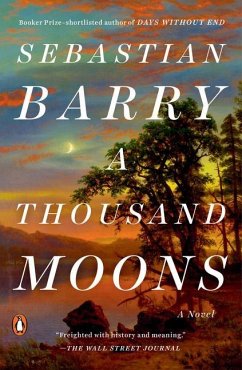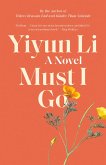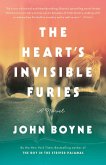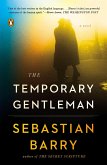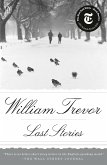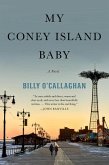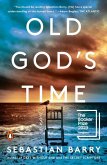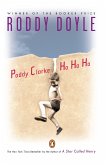From the two-time Booker Prize finalist author, a dazzling new novel about memory and identity, set in Tennessee in the aftermath of the Civil War Winona Cole, an orphaned child of the Lakota people, finds herself growing up in an unconventional household on a farm in west Tennessee. Raised by her adoptive parents John Cole and Thomas McNulty, whose story Barry told in his acclaimed previous novel Days Without End, she forges a life for herself beyond the violence and dispossession of her past. Tennessee is a state still riven by the bitter legacy of the Civil War, and the fragile harmony of her family is soon threatened by a further traumatic event, one that Winona struggles to confront, let alone understand. Exquisitely written, A Thousand Moons is a stirring, poignant story of love and redemption, of one woman's journey and her determination to write her own future. Story Locale: American West and South

